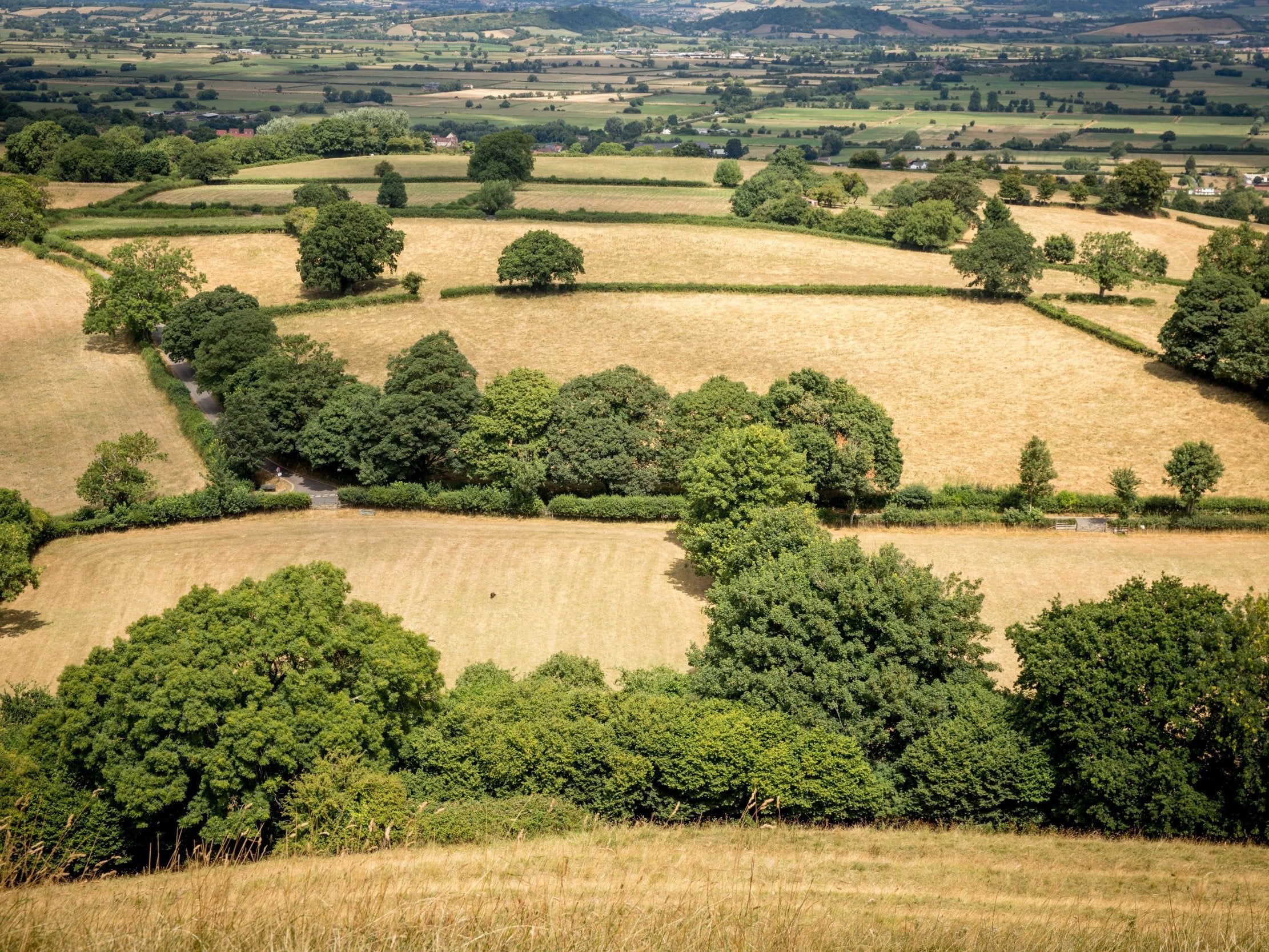Water company bosses asked to explain failures to tackle leaks as farmers plan 'drought summit'
Firms accused of 'wasting water' amid plans to hit customers with hosepipe bans

Your support helps us to tell the story
From reproductive rights to climate change to Big Tech, The Independent is on the ground when the story is developing. Whether it's investigating the financials of Elon Musk's pro-Trump PAC or producing our latest documentary, 'The A Word', which shines a light on the American women fighting for reproductive rights, we know how important it is to parse out the facts from the messaging.
At such a critical moment in US history, we need reporters on the ground. Your donation allows us to keep sending journalists to speak to both sides of the story.
The Independent is trusted by Americans across the entire political spectrum. And unlike many other quality news outlets, we choose not to lock Americans out of our reporting and analysis with paywalls. We believe quality journalism should be available to everyone, paid for by those who can afford it.
Your support makes all the difference.Michael Gove is to summon water company chief executives to explain why they have failed to meet leakage targets as the country struggles to cope with the dry summer.
The environment secretary said customers expect a "reliable and resilient water supply" following reports of low levels in some reservoirs and the introduction by North West supplier United Utilities of a hosepipe ban from August 5.
It comes as farmers were also due to meet with Government officials for a "drought summit" to discuss the effect of the heatwave on the country's food supplies.
The first half of the summer in the UK has been the driest since 1961 with Friday's wet weather and storms the first rainfall in weeks.
United Utilities has been accused of "wasting" 430 million litres of water every day from leakages but claims that "reducing leaks is a top priority".
The GMB union said earlier this month that its research showed that the firm was allowing 175 Olympic-sized swimming pools' worth of water to go "down the plughole" every day.
Mr Gove said that water companies "have much more to do to tackle leakage", adding: "That is why I have repeatedly made clear that companies must improve and recently wrote to them to outline my expectations during this period of dry weather.
"Next week I will ask the chief executives of the water companies that have failed to meet their leakage targets to a meeting at Defra to discuss how they are going to address this serious issue and improve their performance."
Irrigation water shortages, a lack of fresh forage for animals and growing conditions for cereal crops are among issues that will be discussed at separate talks chaired by National Farmers' Union president Minette Batters.
She will sit down on Wednesday with officials from Defra and rural agencies after a July that has seen England receive just 15 per cent of its long-term average rainfall.
Ms Batters described the situation as "hugely challenging" for all sectors of farming, warning that the thunderstorms and showers some areas are receiving "won't mitigate the many issues farmers are experiencing".
"There could be serious concerns for many farmers if this extended spell of warmer, drier weather continues as the long-range forecast suggests," she said.
"This unprecedented spell of weather really should be a wake-up call for us all. It's a timely reminder that we shouldn't take food production for granted.
"Farming is one of the most affected industries when it comes to managing volatility."
Those due to attend the summit alongside Defra include the Environment Agency, Natural England, the Rural Payments Agency (RPA) and farming charities RABI and Farming Community Network, the NFU said.
Last week the Environment Agency said it had responded to 44 "significant" environmental incidents since the end of June, including moorland fires, algal blooms, dry boreholes, low river flows and fish rescues.
The last month of dry, hot weather followed the driest June since 1925, the Environment Agency said. It has seen the water level in many reservoirs fall dramatically.
While only one water company is currently planning a hosepipe ban, continued dry weather into the autumn could see a risk of further restrictions and impacts on the environment, the National Drought Group said.
PA
Join our commenting forum
Join thought-provoking conversations, follow other Independent readers and see their replies
Comments